The Streamlined Energy and Carbon Reporting (SECR) framework is a significant element of the United Kingdom's environmental and corporate governance policies.
Implemented to improve transparency and encourage energy efficiency, this regulation mandates that certain UK companies and Limited Liability Partnerships (LLPs) publicly disclose their energy use, related greenhouse gas (GHG) emissions, and energy efficiency initiatives in their annual reports.
But what does this mean for your company?
What is the UK’s Streamlined Energy and Carbon Reporting regulation?
The Streamlined Energy and Carbon Reporting (SECR) is a UK government policy, initially developed by the Department for Business, Energy and Industrial Strategy (BEIS) – now part of the Department for Energy Security and Net Zero (DESNZ).
This framework establishes a compulsory system for eligible UK-incorporated companies and LLPs to report their energy consumption and greenhouse gas (GHG) emissions within their annual reports.
What is this regulation?
At its core, the UK SECR aims to simplify the landscape of carbon and energy reporting for UK companies. It provides a more direct and consolidated approach compared to older schemes.
A primary objective is to increase transparency for stakeholders, including investors, customers, and employees, by providing clear information on a company’s energy usage and its resulting carbon footprint. This increased awareness is intended to drive companies to identify and implement energy efficiency measures, ultimately supporting the UK's broader climate strategy and its commitment to net-zero emissions.
The legal basis for this reporting is The Companies (Directors' Report) and Limited Liability Partnerships (Energy and Carbon Report) Regulations 2018. These regulations effectively integrate environmental reporting into standard corporate financial reporting, elevating the importance of carbon data and emissions to the board level.
How does this reporting framework work?
This regulation replaced the earlier Carbon Reduction Commitment (CRC) Energy Efficiency Scheme, significantly broadening the number of companies required to report on their energy and carbon impacts.
While it streamlines reporting, it's important to note that it builds upon, and does not replace, other existing energy and environmental reporting obligations that UK companies might face.
These can include:
- Mandatory Greenhouse Gas (GHG) Reporting for Quoted Companies
- The Energy Saving Opportunity Scheme (ESOS)
- Climate Change Agreements (CCA) Scheme
- UK Emissions Trading Scheme (UK ETS)
Companies need to understand how the streamlined energy and carbon reporting framework interacts with these other regulations to ensure comprehensive compliance.
What are the Streamlined Energy and Carbon Reporting requirements?
The specific disclosures mandated by this regulation depend on the type and size of the company.
However, some core reporting elements are common across the board:
- Mandatory Disclosures for Quoted Companies:
- Global GHG emissions (Scope 1, 2)
- Underlying global energy use
- Breakdown of UK vs. offshore energy consumption
- Comparison with the previous year's data
- At least one emissions intensity ratio
- A narrative on energy efficiency actions taken
- The methodology used for calculations
- Mandatory Disclosures for Large Unquoted Companies and LLPs:
- UK energy use (electricity, gas, and transport)
- Associated UK GHG emissions (Scope 1, 2)
- Comparison with the previous year's data (exempt in the first reporting year)
- At least one emissions intensity ratio
- A narrative on energy efficiency actions taken
- The methodology used for calculations
Key reporting elements explained
Following Streamlined Energy and Carbon Reporting guidance is key for these elements:
- Energy Consumption (kWh): Companies must report their total energy use in kilowatt-hours (kWh). This includes electricity, gas, and fuel used for transport.
- Greenhouse Gas (GHG) Emissions: Emissions are reported in tonnes of carbon dioxide equivalent (CO2e).
- Scope 1: Direct emissions from sources owned or controlled by the company (e.g., fuel burned in company vehicles or boilers).
- Scope 2: Indirect emissions from purchased electricity, steam, heat, or cooling.
- Scope 3: All other indirect emissions in a company’s value chain (e.g., business travel, waste disposal, purchased goods). While Scope 3 reporting is voluntary under these regulations, it is strongly recommended for a complete picture of a company's carbon footprint.
- Intensity Ratios: An intensity ratio provides context to emissions data by comparing it to a relevant business metric, such as tonnes of CO2e per million pounds of revenue or per employee.
- Narrative on Energy Efficiency Actions: Companies must describe the principal measures taken during the reporting year to improve energy efficiency. This could include investments in new technology, process improvements, or employee engagement initiatives.
- Calculation Methodologies and Standards: The report must disclose the methodology used for calculating energy use and emissions. This should align with recognized standards, such as the GHG Protocol Corporate Accounting and Reporting Standard. Using the UK Government's official GHG Conversion Factors is essential for converting energy data into emissions figures.
- Comparative Data (Prior Year Figures): The streamlined energy and carbon reporting framework requires companies to report figures for both the current and the preceding financial year to allow for performance tracking.
The reporting framework includes a 'comply or explain' principle. This means if it's not practical to obtain certain information, a company can omit it, provided a clear explanation is included in the report.
All disclosures must be integrated into a company’s annual report and filed with Companies House, making them publicly accessible.
When did Streamlined Energy and Carbon Reporting (SECR) become mandatory?
This reporting became mandatory for financial years beginning on or after April 1, 2019.
Who needs to comply?
The streamlined energy and carbon reporting regulations apply to three main groups of UK-incorporated entities:
- Quoted Companies: Companies whose shares are listed on recognized stock exchanges.
- Large Unquoted Companies: Unlisted companies that meet at least two of the following three criteria in a financial year:
- Annual turnover of £36 million or more
- Annual balance sheet total (gross assets) of £18 million or more
- 250 or more employees
- Large Limited Liability Partnerships (LLPs): LLPs that meet the same "large" criteria as unquoted companies.
Public sector bodies are generally exempt, as they often fall under other carbon reporting legislation.
Exemptions and special considerations
- Low Energy Users
- Subsidiaries of companies incorporated outsoude the UK
- Private Sector Organizations
Why should your company care about this regulation?
Complying with the streamlined energy and carbon reporting framework is more than just a regulatory task; it offers strategic advantages:
- Enhancing Corporate Transparency and Stakeholder Trust: Publicly reporting energy use and emissions builds trust with investors, customers, and the public.
- Driving Energy Efficiency, Cost Savings, and Operational Improvements: The process of collecting and analyzing carbon data often reveals opportunities for energy efficiency, leading to cost reductions.
- Contribution to UK Environmental Targets and Corporate Sustainability: This regulation encourages companies to actively manage and reduce their environmental impact, contributing to the UK’s net-zero goals.
- Reputational Advantages and Competitive Differentiation: Strong environmental performance, clearly communicated through compliant reporting, can enhance a company's reputation and provide a competitive edge.
- Enforcement and Penalties for Non-Compliance: The Financial Reporting Council (FRC) monitors compliance, and failure to comply can lead to penalties and reputational damage.
How can Arbor help your company with UK SECR?
While specialist advisors and consultants offer valuable support for compliance with SECR’s requirements, leveraging a powerful carbon accounting platform like Arbor can significantly streamline the process and empower your company to build internal expertise.
Arbor is a carbon accounting platform that helps companies calculate and reduce emissions to reach net zero. Our platform simplifies the complexities of carbon accounting, making it easier to measure, report and reduce your emissions.
With Arbor, you can:
- Measure Company-Level Emissions: Accurately report your Scope 1, 2, and 3 emissions, providing a comprehensive carbon footprint for your disclosures.
- Automate Product Carbon Footprinting (PCF): While the main focus is on company-level emissions, understanding product-level carbon footprints can inform your energy efficiency narrative and decarbonization strategies. Arbor’s automated PCF platform allows you to compute carbon footprints across the full lifecycle of your products.
- Utilize Hotspot Analysis: Identify which materials, suppliers, components, or activities contribute most to your emissions, helping you prioritize energy efficiency measures for your report.
- Leverage ISO-Compliant Methodologies: Our platform is built on standard, ISO-compliant methodologies, ensuring your carbon data is robust and credible for regulatory reporting.
By using Arbor, your company can efficiently gather and manage the carbon data required for UK SECR, develop a clear understanding of your emissions profile, and confidently report on your energy efficiency actions.
Supercharge your climate strategy and measure your emissions with Arbor.
Summary
The streamlined energy and carbon reporting framework is a mandatory UK regulation designed to increase corporate transparency and promote energy efficiency. It requires qualifying companies to report annually on their energy use, GHG emissions, intensity ratios, and energy-saving actions.
Beyond compliance, engaging with these reporting requirements offers strategic benefits, including potential cost savings, enhanced reputation, and a stronger position in an environmentally conscious market.
As the drive towards net-zero intensifies, this framework provides a crucial foundation for UK companies to manage their carbon footprint and contribute to a sustainable future.
Arbor supports companies in this journey, simplifying the calculation of emissions and providing the carbon data needed for effective reporting and climate strategy.
Measure your carbon emissions with Arbor
Simple, easy carbon accounting.
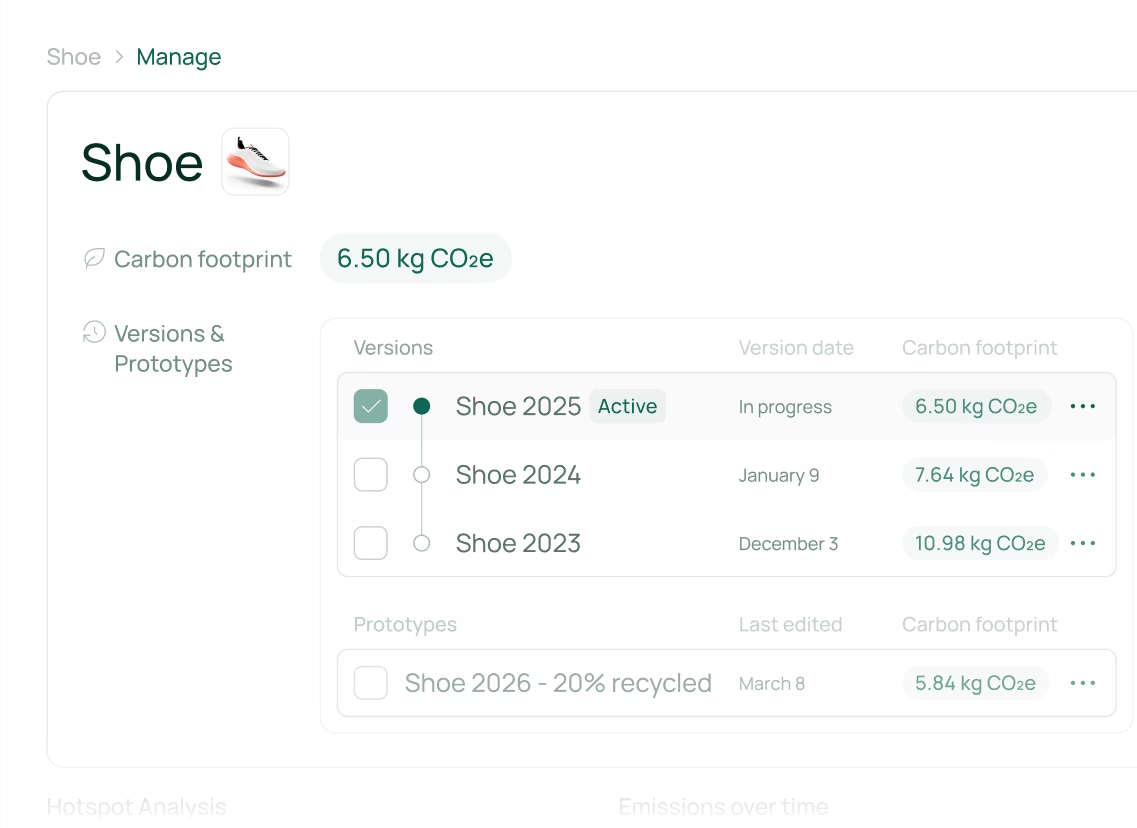


%20Arbor.avif)




.webp)
%20Directive.webp)
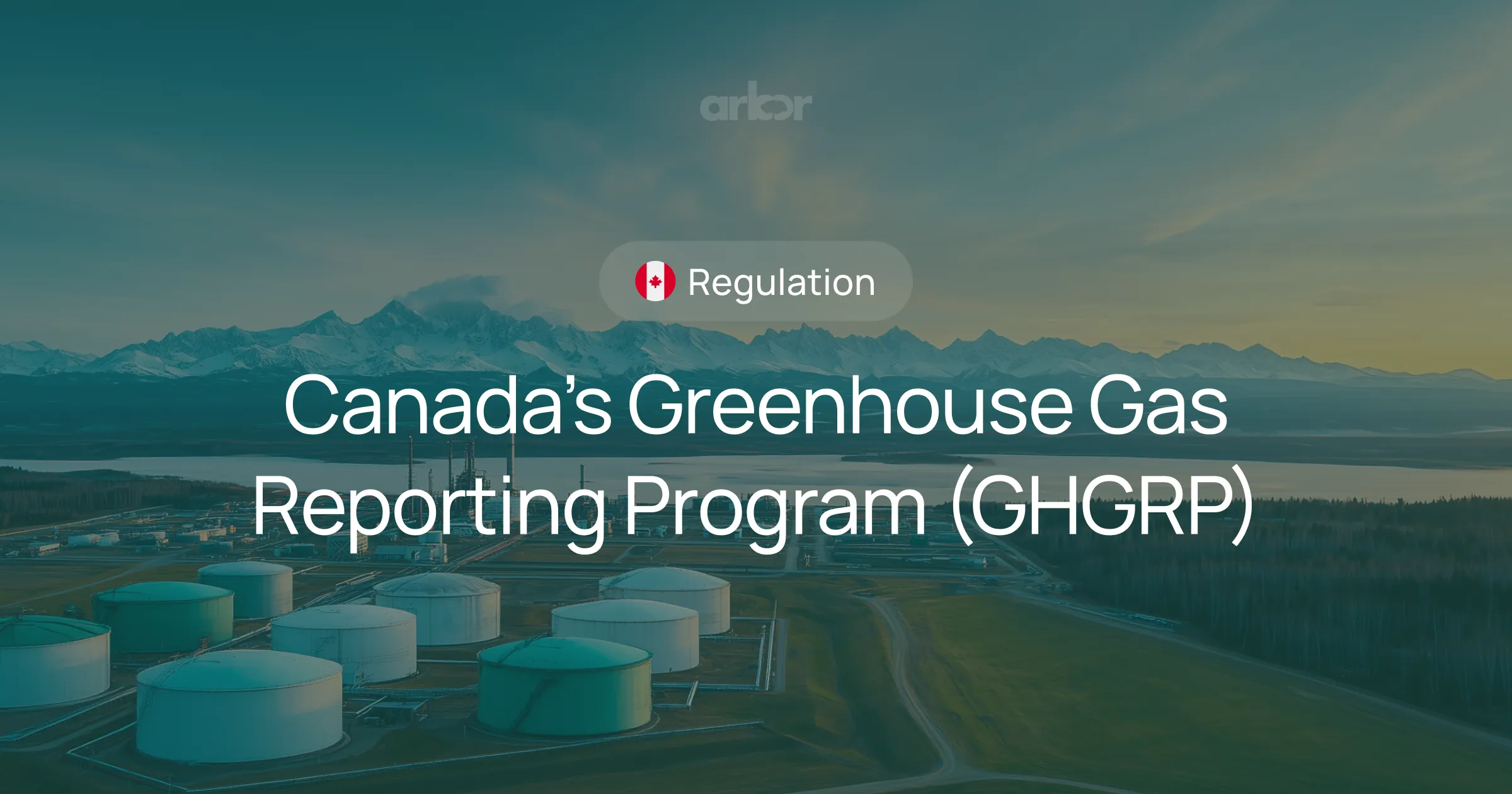

.webp)
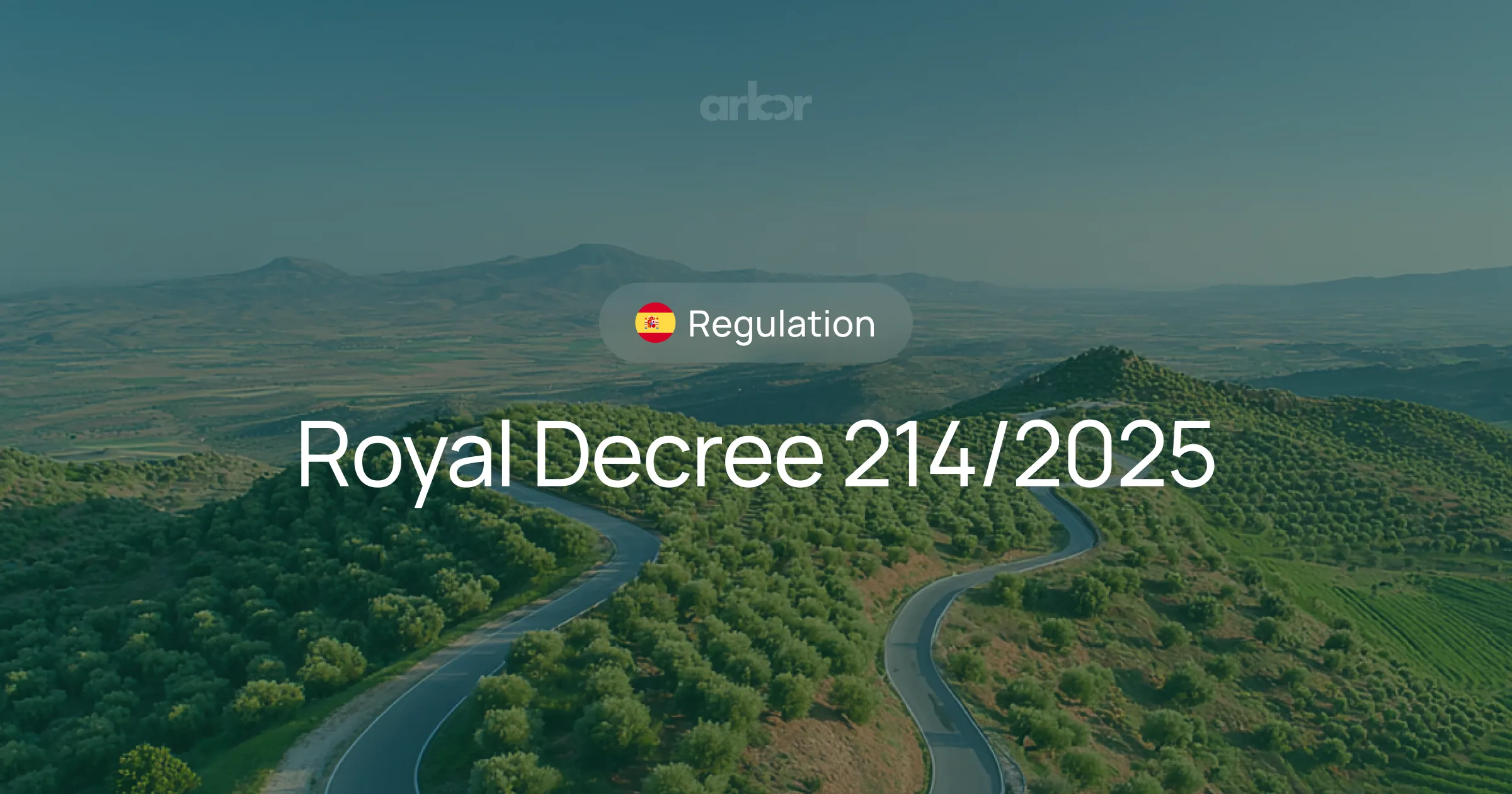
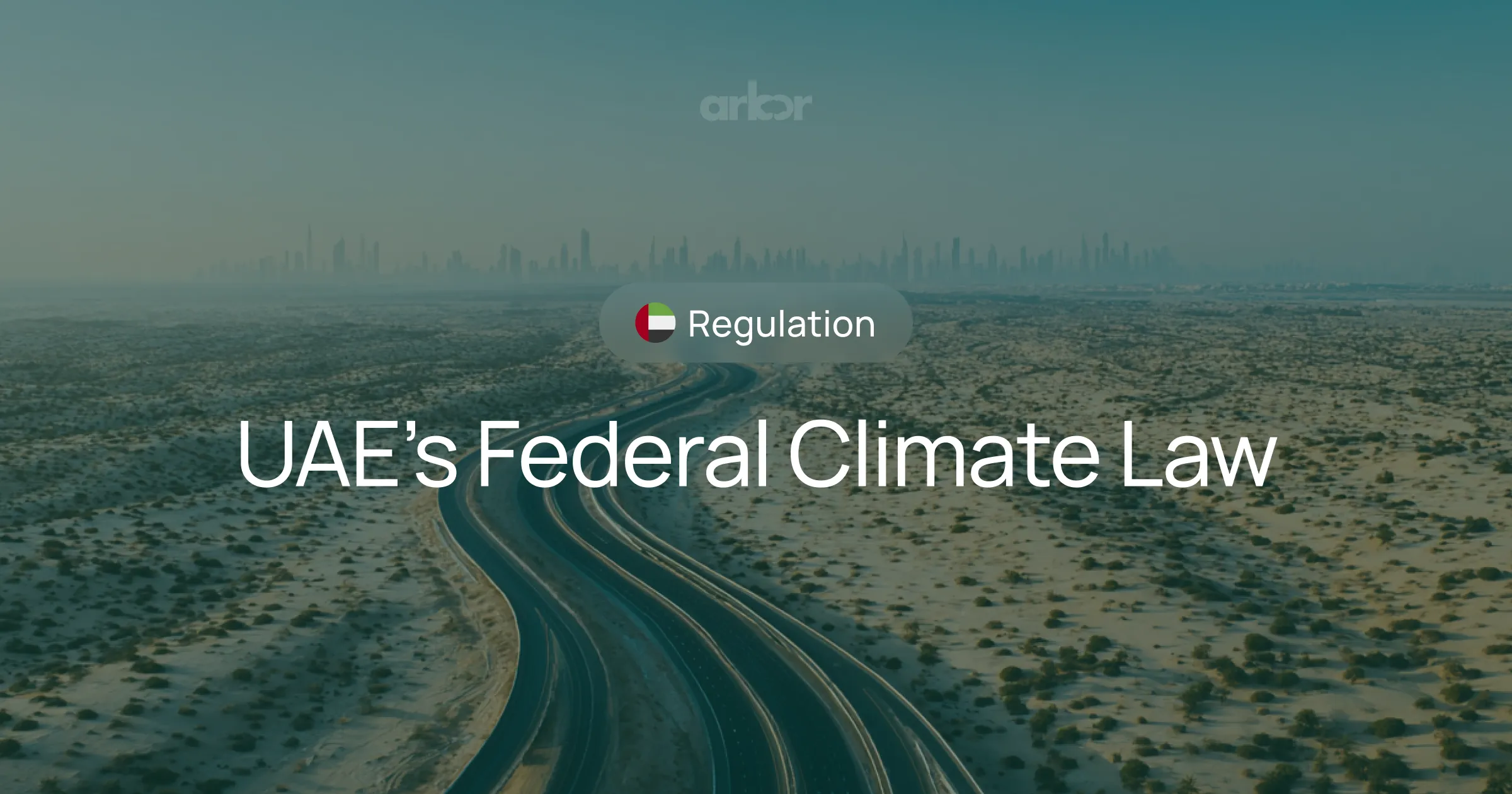
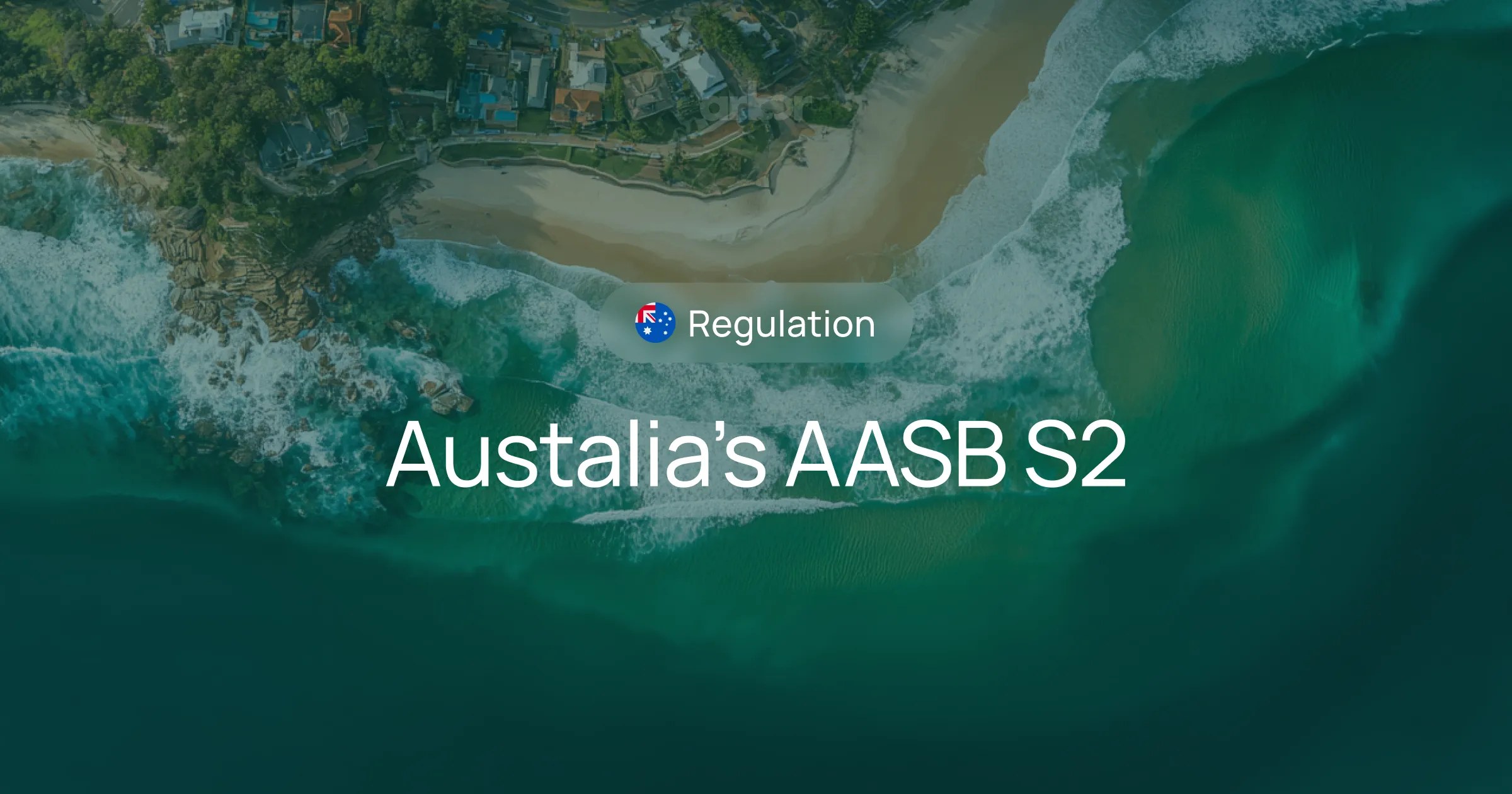
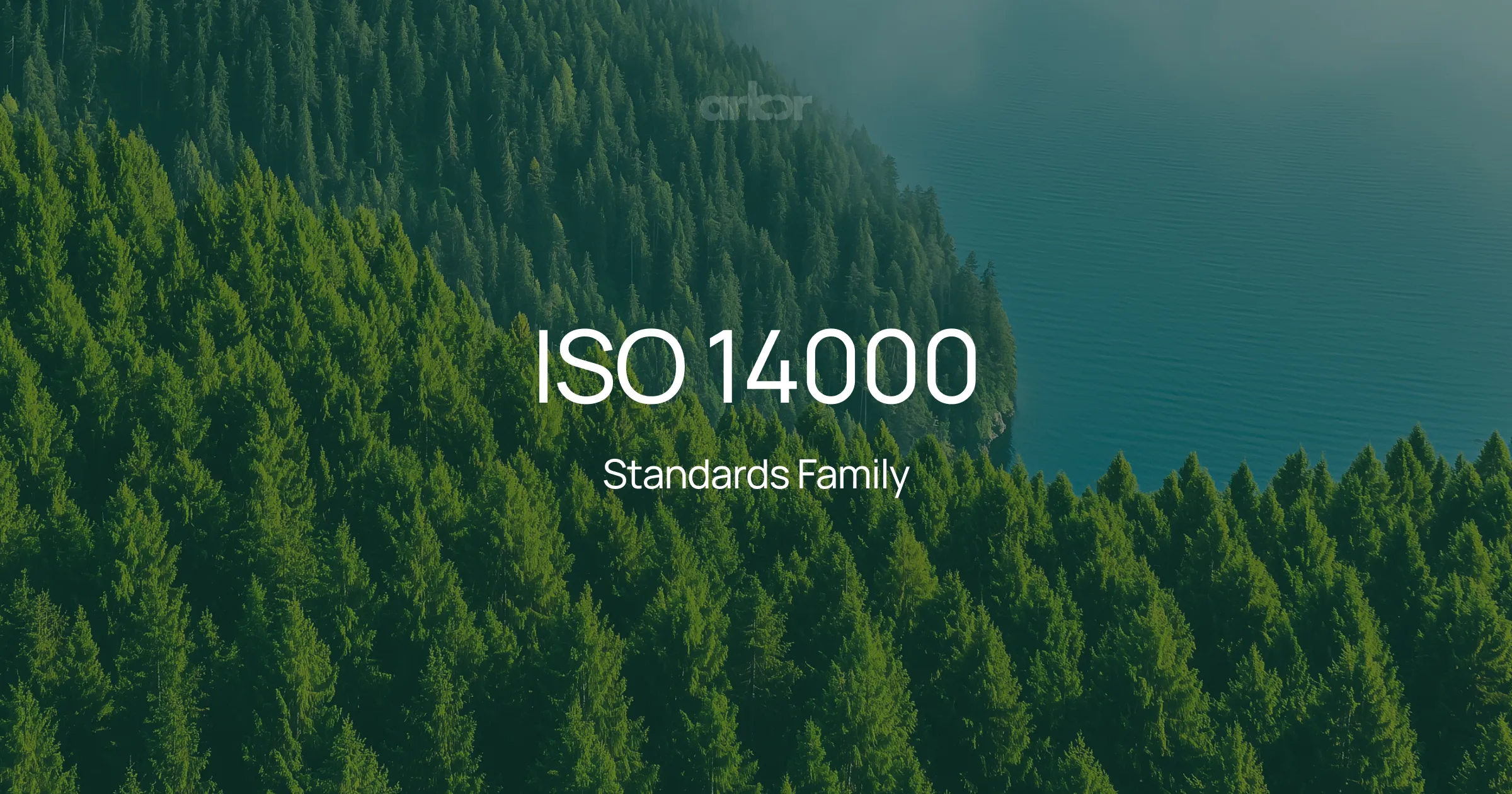
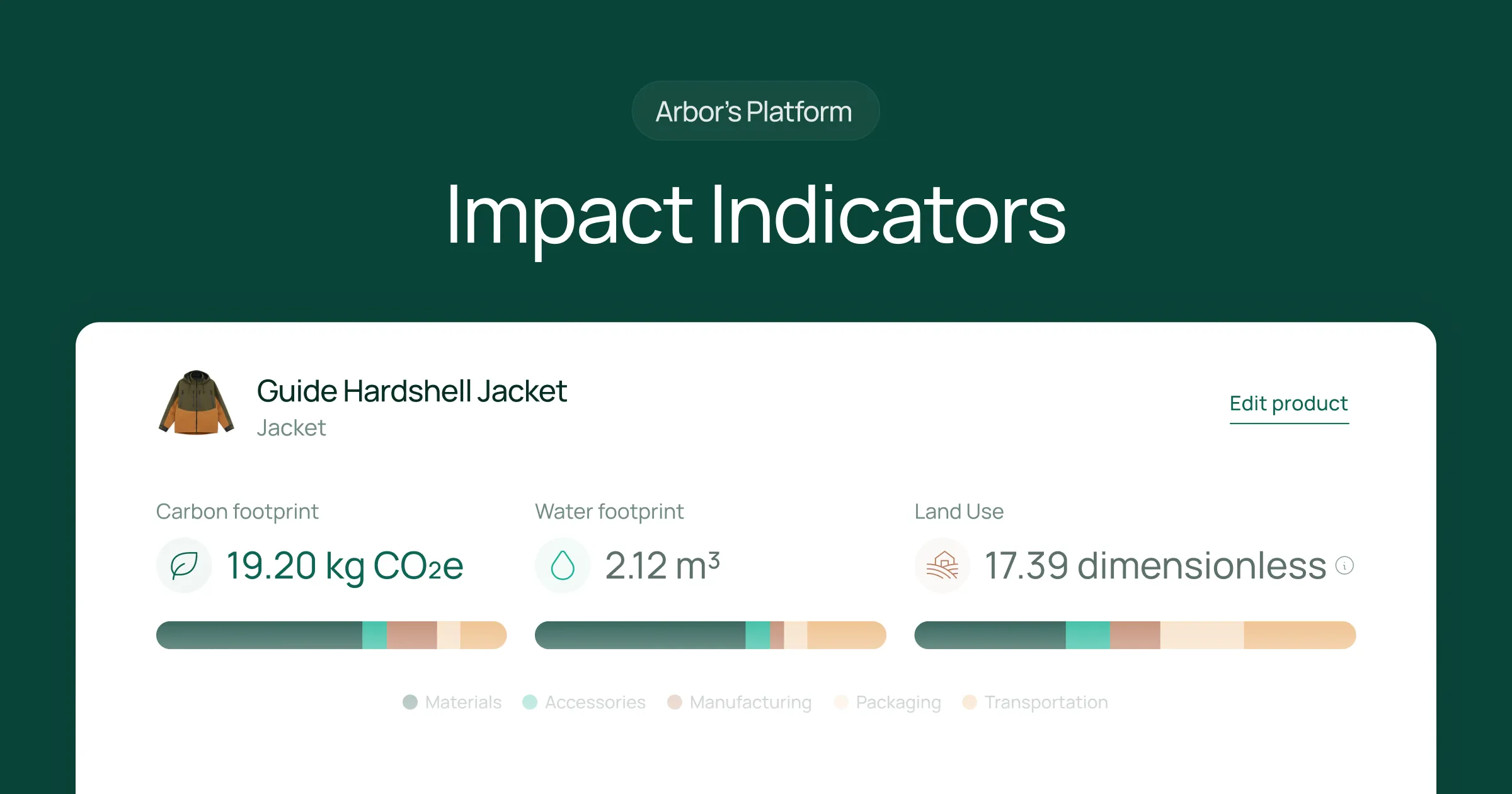
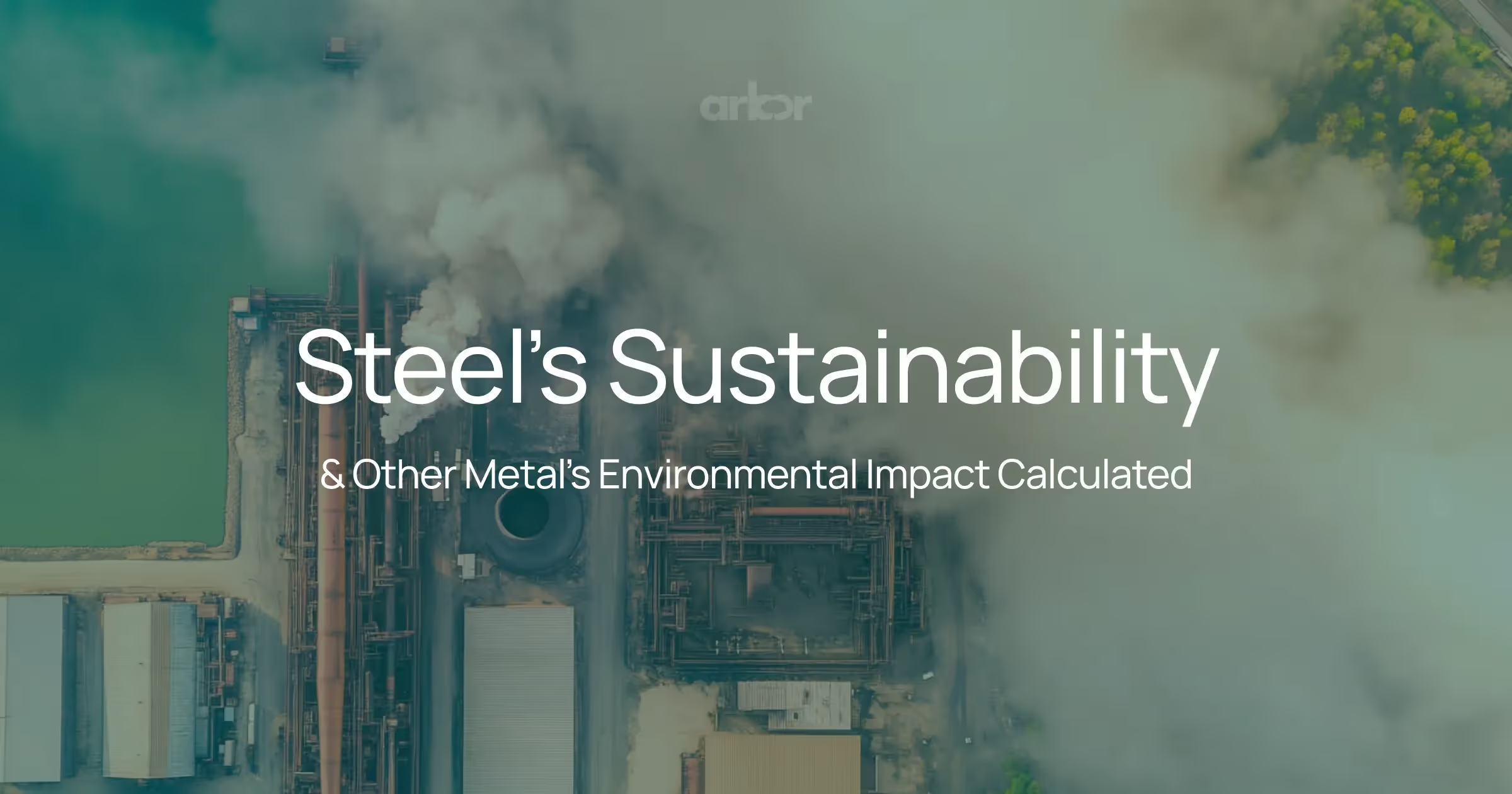


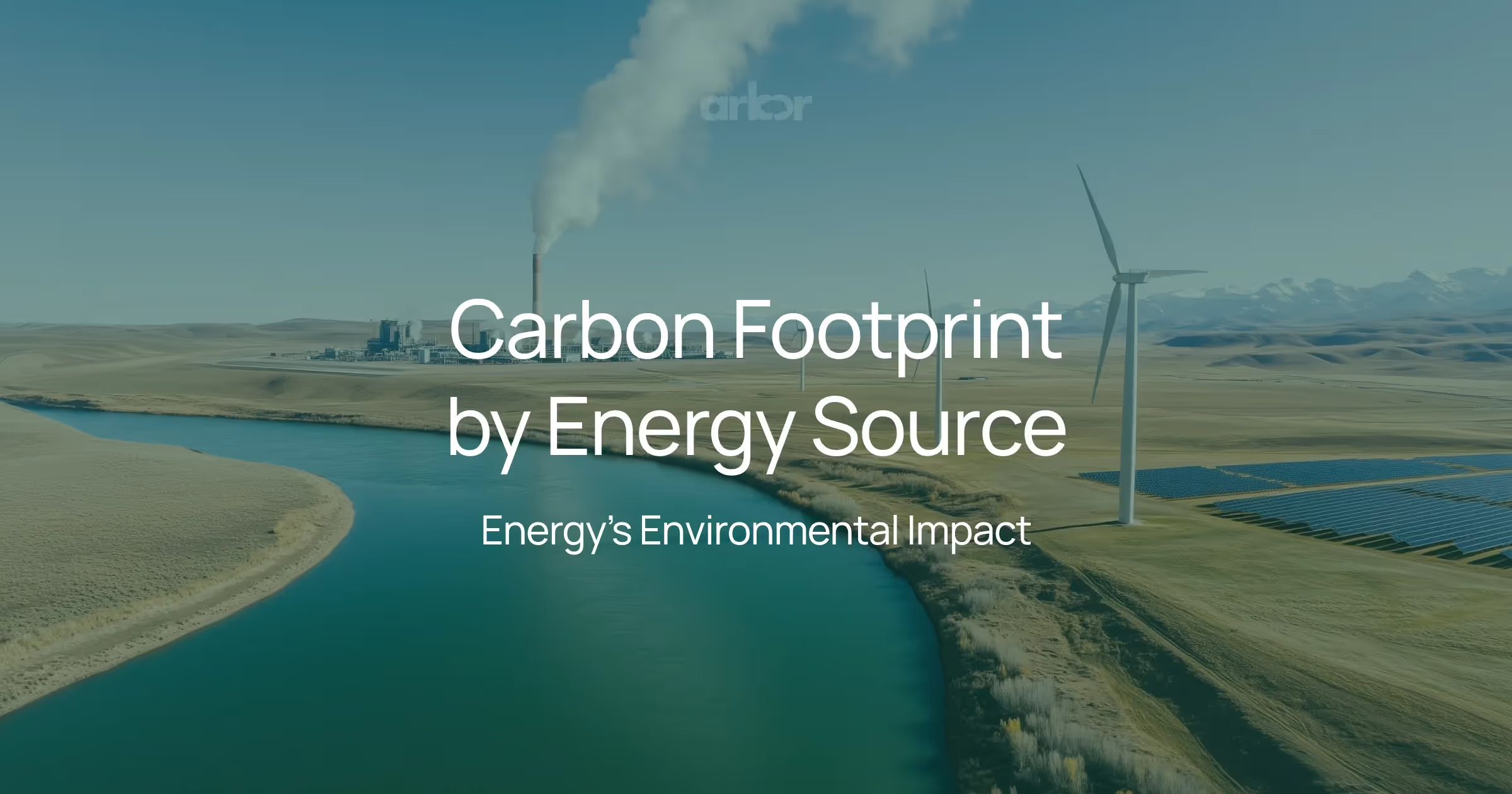
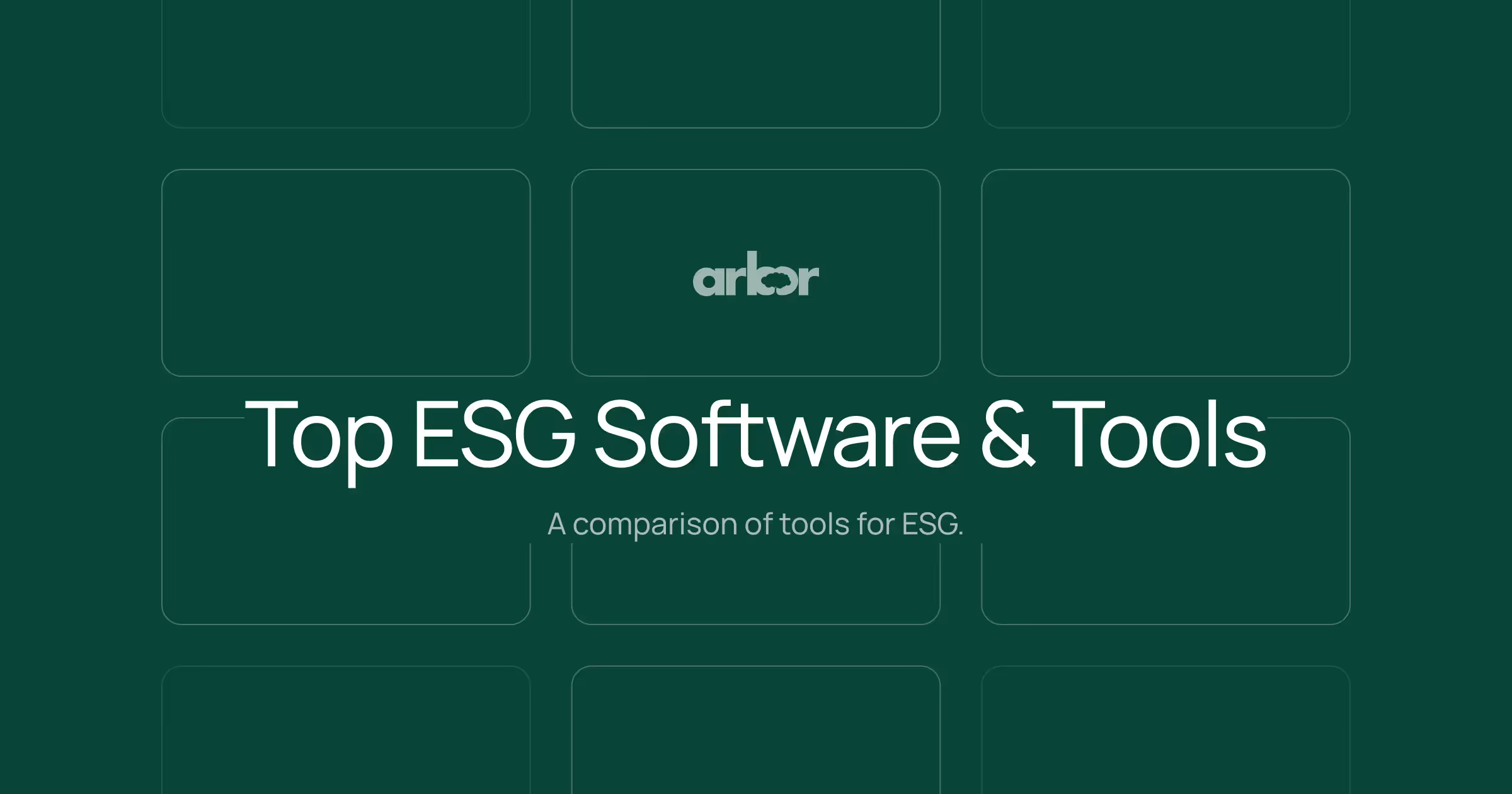

%20Arbor.avif)
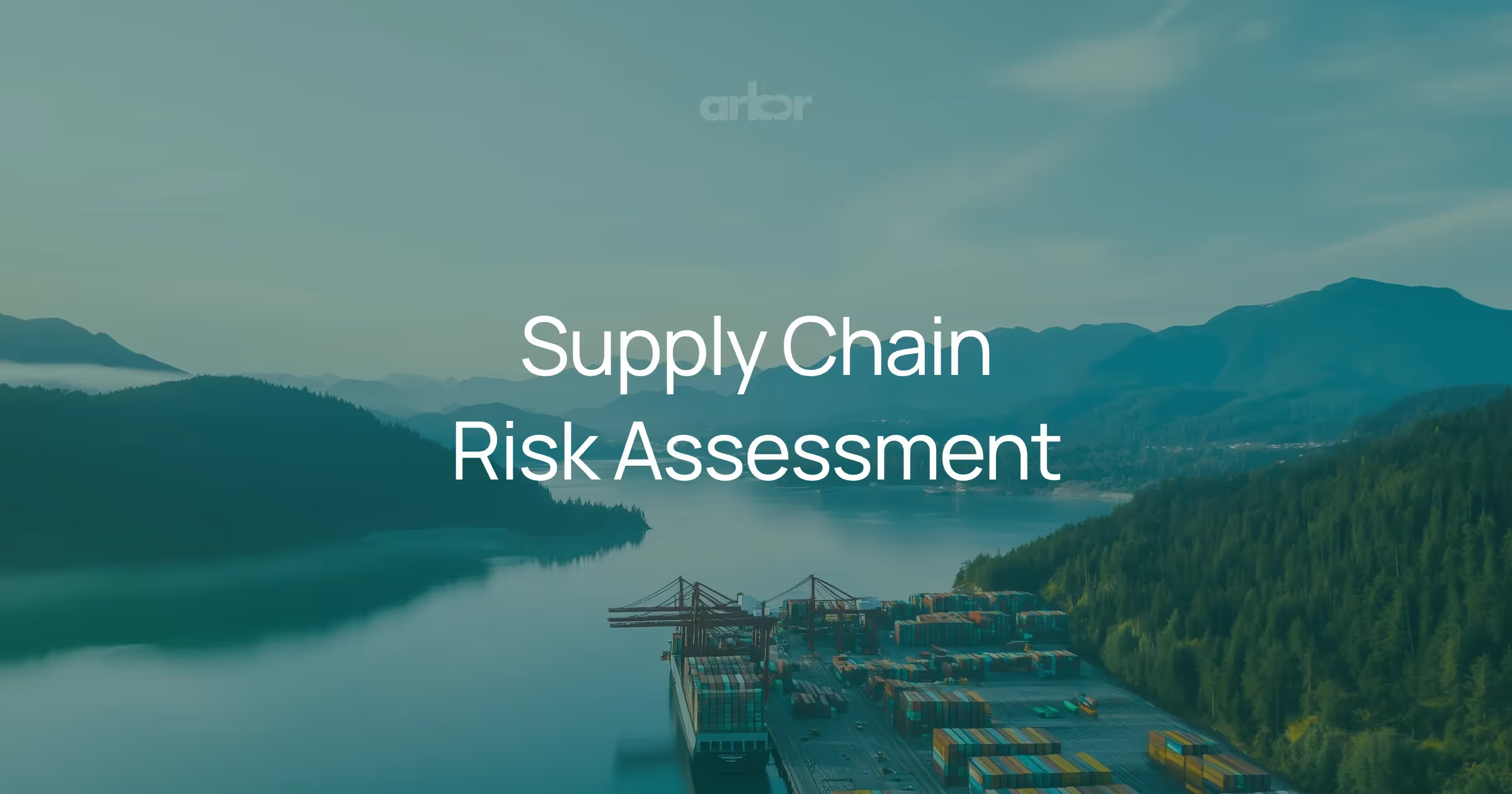




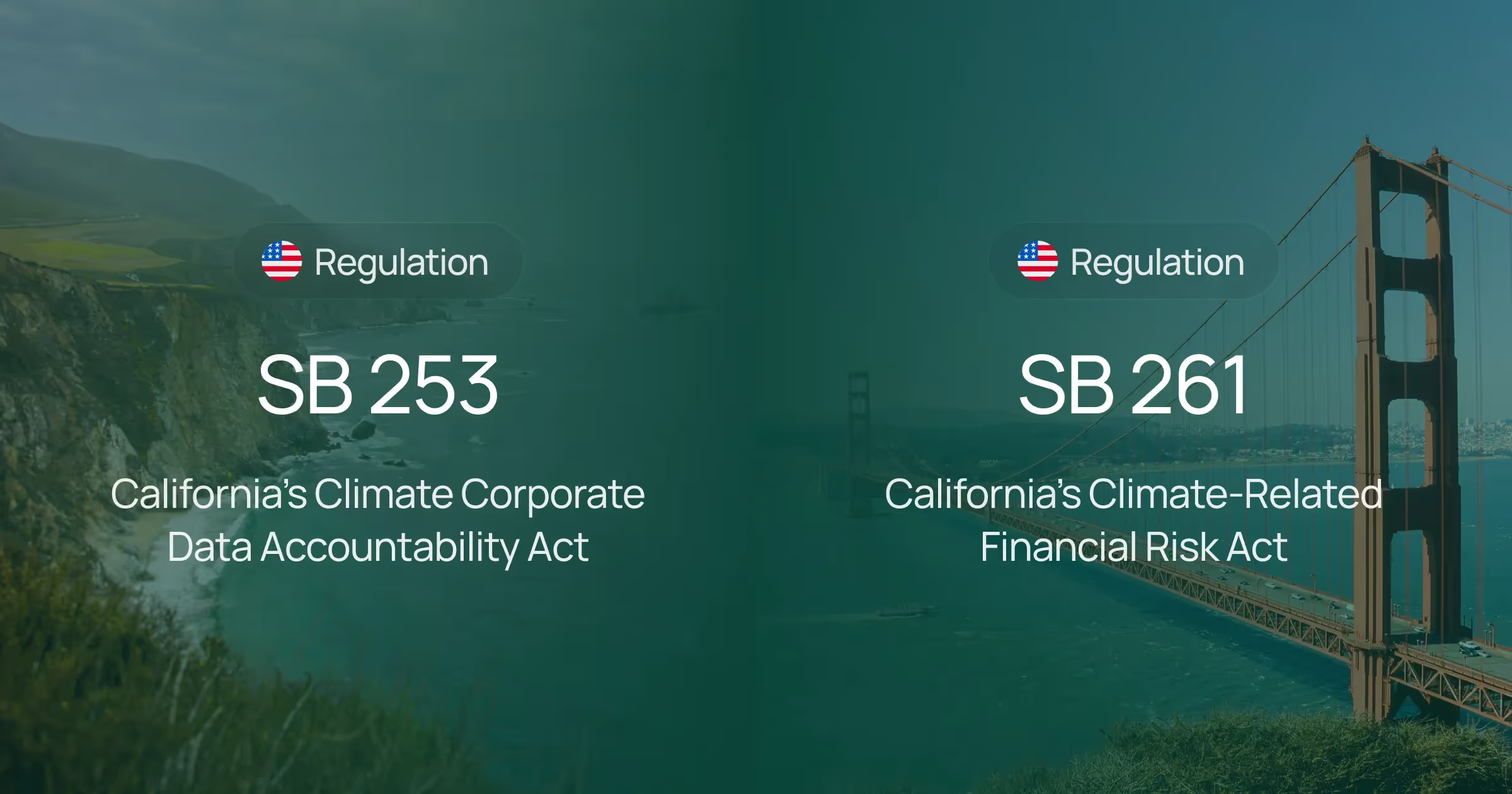

.avif)
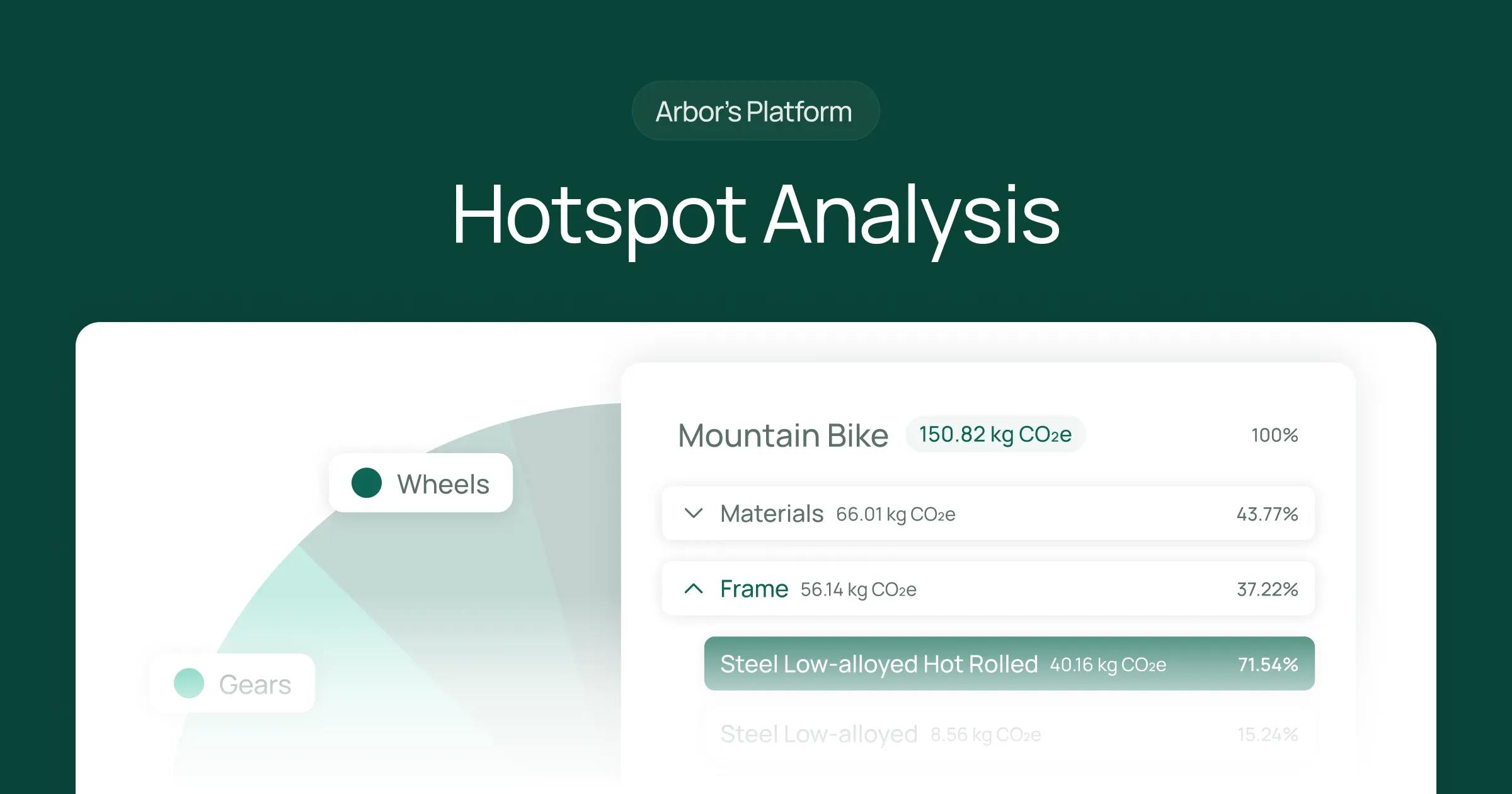
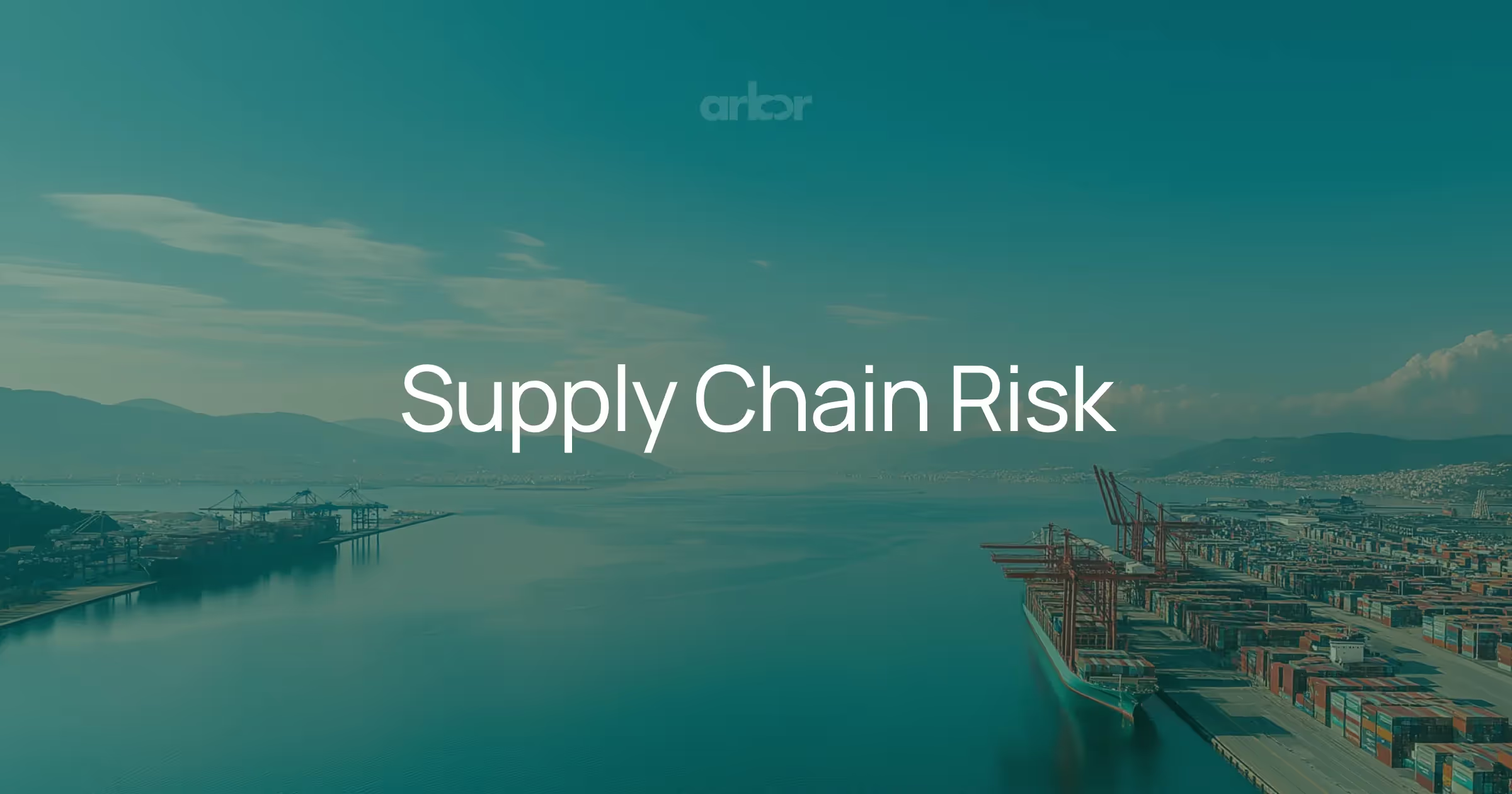

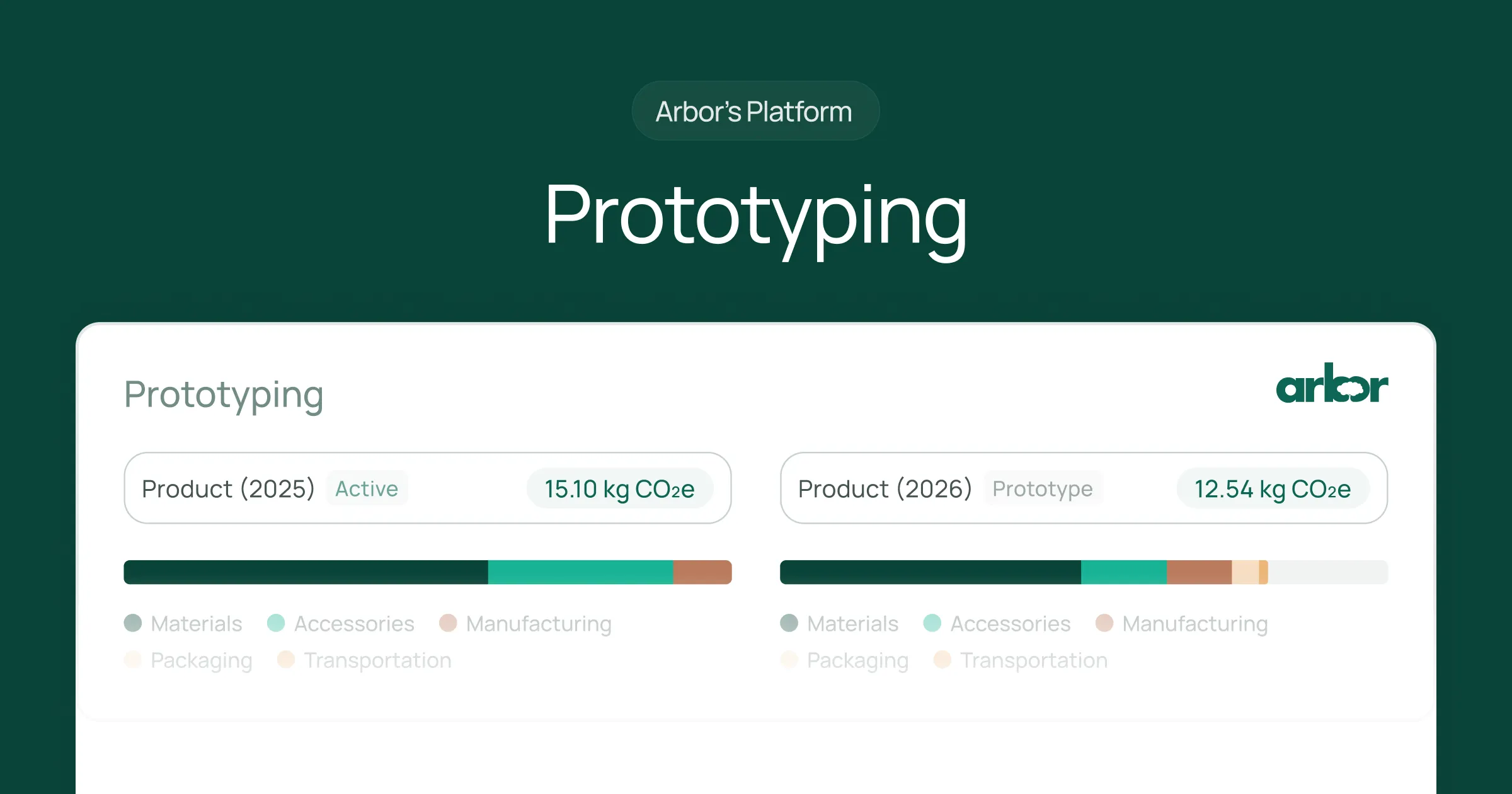


%20Arbor%20Canada.avif)
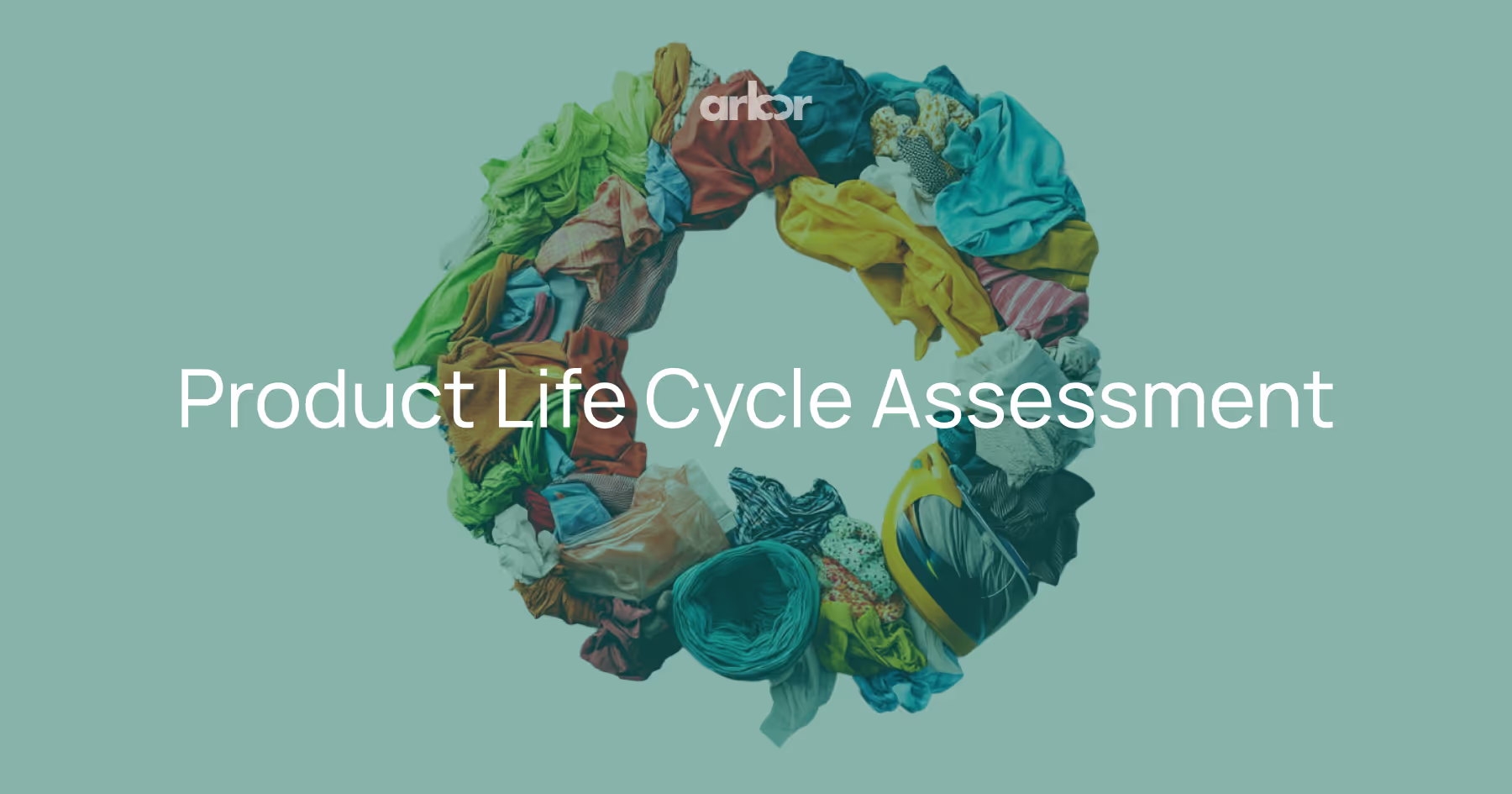
.avif)
%20Arbor.avif)
.avif)


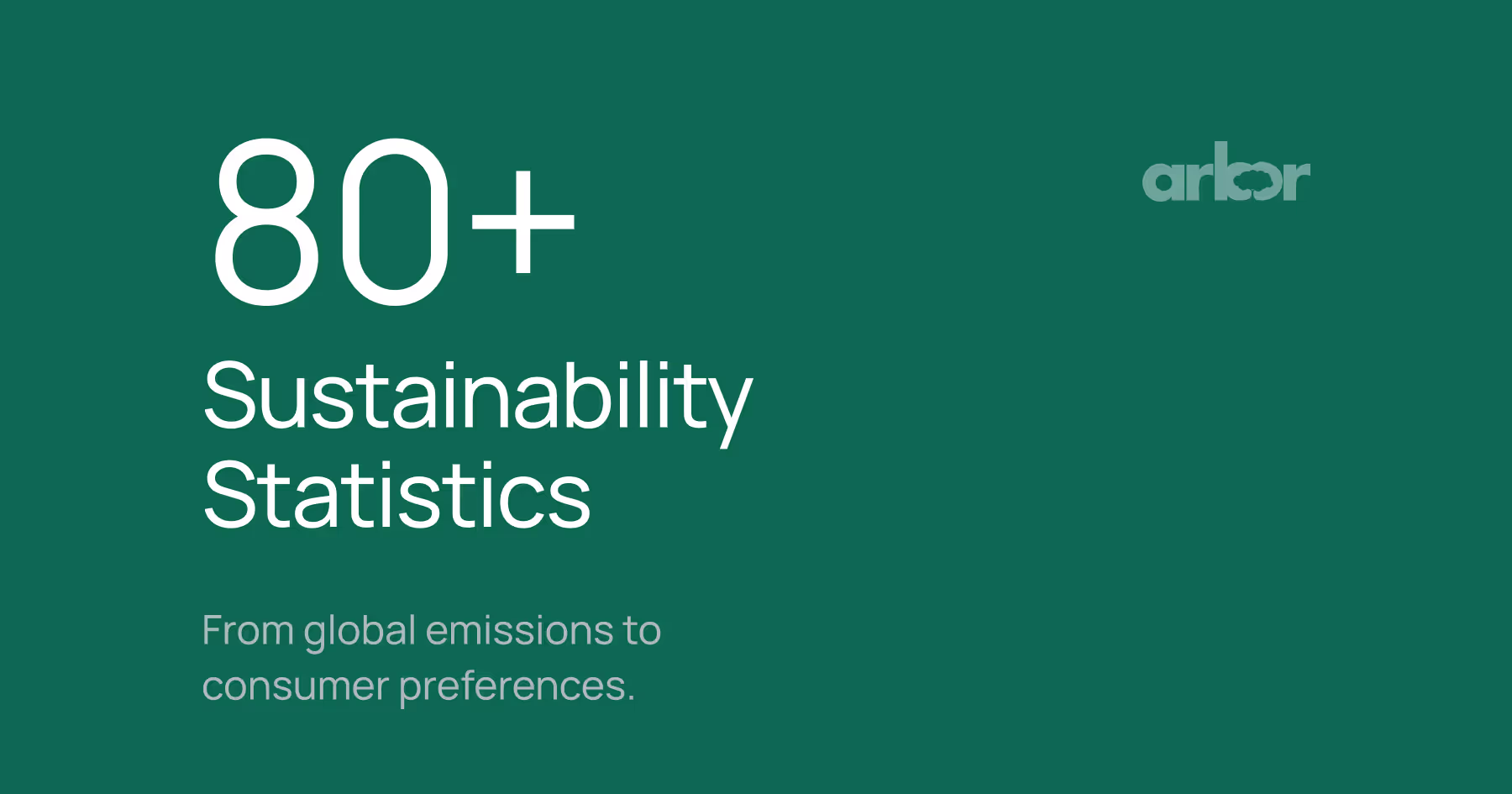



_.avif)
.avif)
%20Arbor.avif)




%20Software%20and%20Tools.avif)





.avif)
.avif)
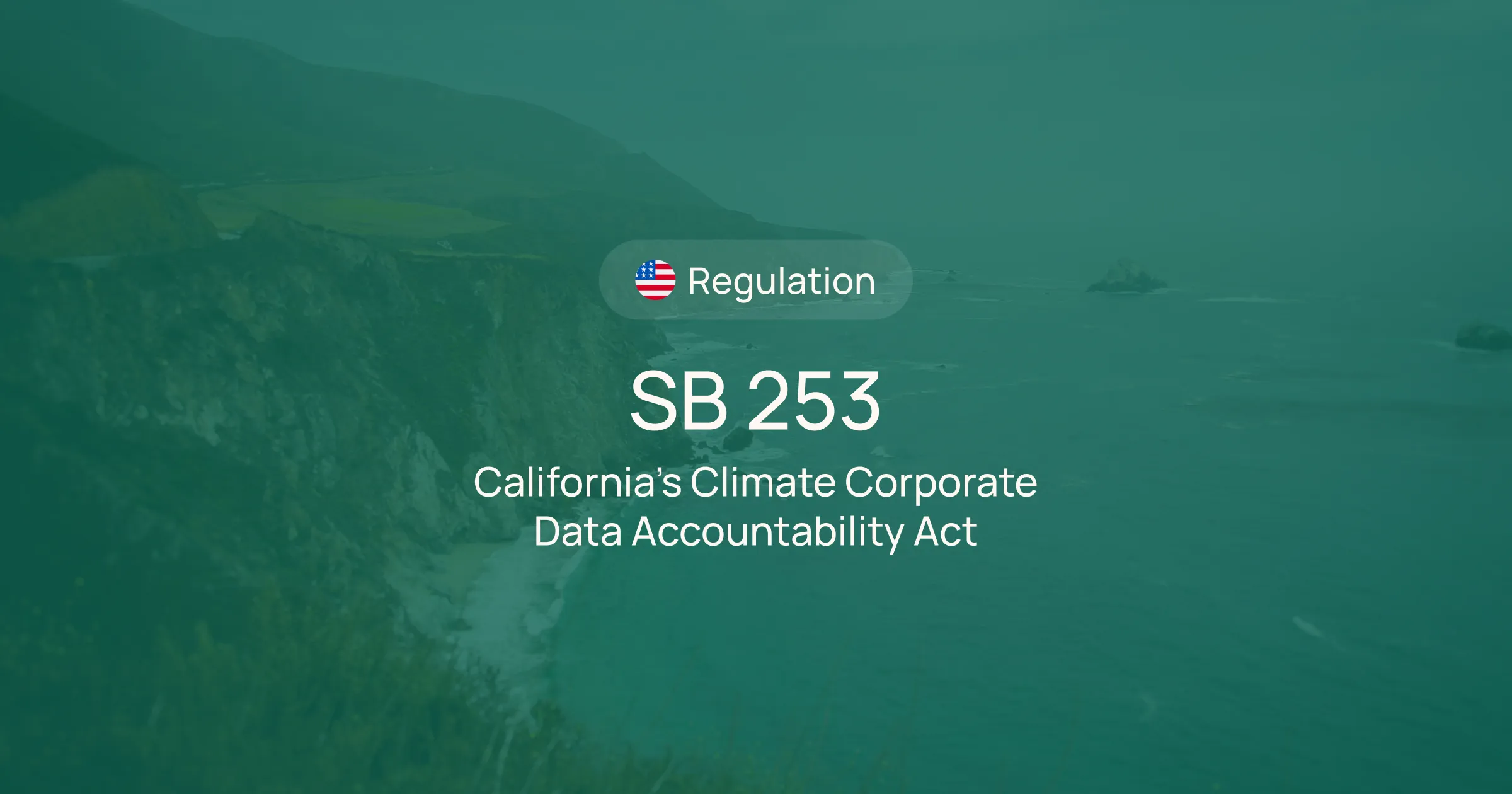



%20EU%20Regulation.avif)












.avif)


%20Arbor.avif)









_%20_%20Carbon%20101.avif)







.avif)









